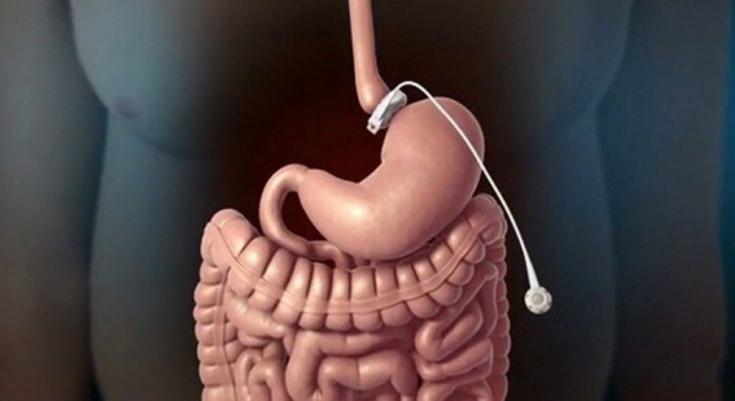Obesity – a problem that has haunted many people for years. This does not mean that those who are overweight do not try to fight extra pounds, because sometimes strict diets and regular physical activity do not have the desired effect and do not lead to an absolute transformation. In such cases, obese people are forced to resort to a more radical modern method of getting rid of excess weight – bariatrics. What is bariatric weight loss and how safe it is, read on.
Bariatrics is a branch of medicine that addresses the problems of obesity. Thus, this term can refer to various methods of treating obesity – behavioral therapy, pharmacotherapy, restricted diet and others. However, the concept of “bariatrics” it is customary to use it only in relation to the surgical solution to the problem of excess weight, that is, operations on the stomach.
The main types of bariatric surgery for weight loss
Gastric Bypass
During this operation, the stomach is stitched with titanium clips, dividing it into two unequal parts, the volume of one of them is only 50 ml.
Then, the small intestine is sewn to the smaller part of the stomach in a short way.
The result of the procedure gastric bypass is a significant reduction in the amount of food consumed by reducing the stomach.
Gastric banding
This operation has been carried out for over thirty years. Of the two existing methods for performing gastric banding, the more correct and recommended for use by the IFSO is the laparoscopic technique.
The operation involves placing an adjustable ring around the upper part of the stomach. The advantage of this surgical intervention is that the operation is reversible – the bandage is quite simply removed when indicated or if the patient so desires. In addition, gastric banding can transform into another bariatric surgery if the patient is not satisfied with the results of the banding.
Sleeve Gastroplasty
During sleeve gastroplasty, the stomach is reduced by removing most of it. A thin tube is formed from the rest, the diameter of which is – 1 cm. This design can hold a minimum amount of food, and the sleeve acts as an obstacle to its free passage.
Preparation for bariatric surgery
Of course, before carrying out any surgical intervention, you should consult a doctor who will determine how appropriate bariatric weight loss is in your particular case. The specialist will also talk about the difficulties patients face during the recovery period and about possible complications.
In addition to standard examinations and analyses, a chest x-ray, esophagogastroduodenoscopy or x-ray diagnosis of the upper gastrointestinal tract with oral contrast is also performed, and lung function is objectively assessed.
Due to the fact that laparoscopy is used for batriatic surgery, the patient must follow a strict diet one week before surgery.
Recovery period after bariatric surgery
It is important to take good care of the suture area, in no case skip regular dressings.
Medicines prescribed by a doctor are taken by the patient in crushed form. After bariatric surgery, the recovery of the patient occurs quite quickly, experts even recommend them to move, because it is possible to prevent the development of various complications.
In the case of a normal rehabilitation period, the patient can return to work as early as two weeks after surgery. Naturally, this applies to those whose activities are not related to excessive physical exertion and sports.
Diet after bariatric surgery
The patient's diet should consist of liquid foods: clear broths, diluted fruit juices, and gelatinous desserts. Such a diet should be followed until the complete recovery of the gastrointestinal tract after surgery.
At the next stage, the diet can be varied with skim milk, semolina, protein drinks, puree soups, protein fruits and puree with sauce.
Possible complications after bariatric surgery
The most serious complications, the occurrence of which threatens the patient's life, are periotitis pulmonary embolism. The risk of inflammation of the peritoneum is quite difficult to identify due to the lack of characteristic symptoms. Such diagnoses can only be confirmed by x-rays. However, if a gastric bypass was performed, the x-ray will not be able to detect them, so the only way out – resort to surgery again.
In the event of such a complication after bariatric surgery as pulmonary embolism, special medications and compression therapy act as its prevention.
Remember, the operation does not guarantee a 100% success in the treatment of obesity, a very important factor is the recovery period, during which it is important to follow all the rules voiced by the doctor.







Add a comment